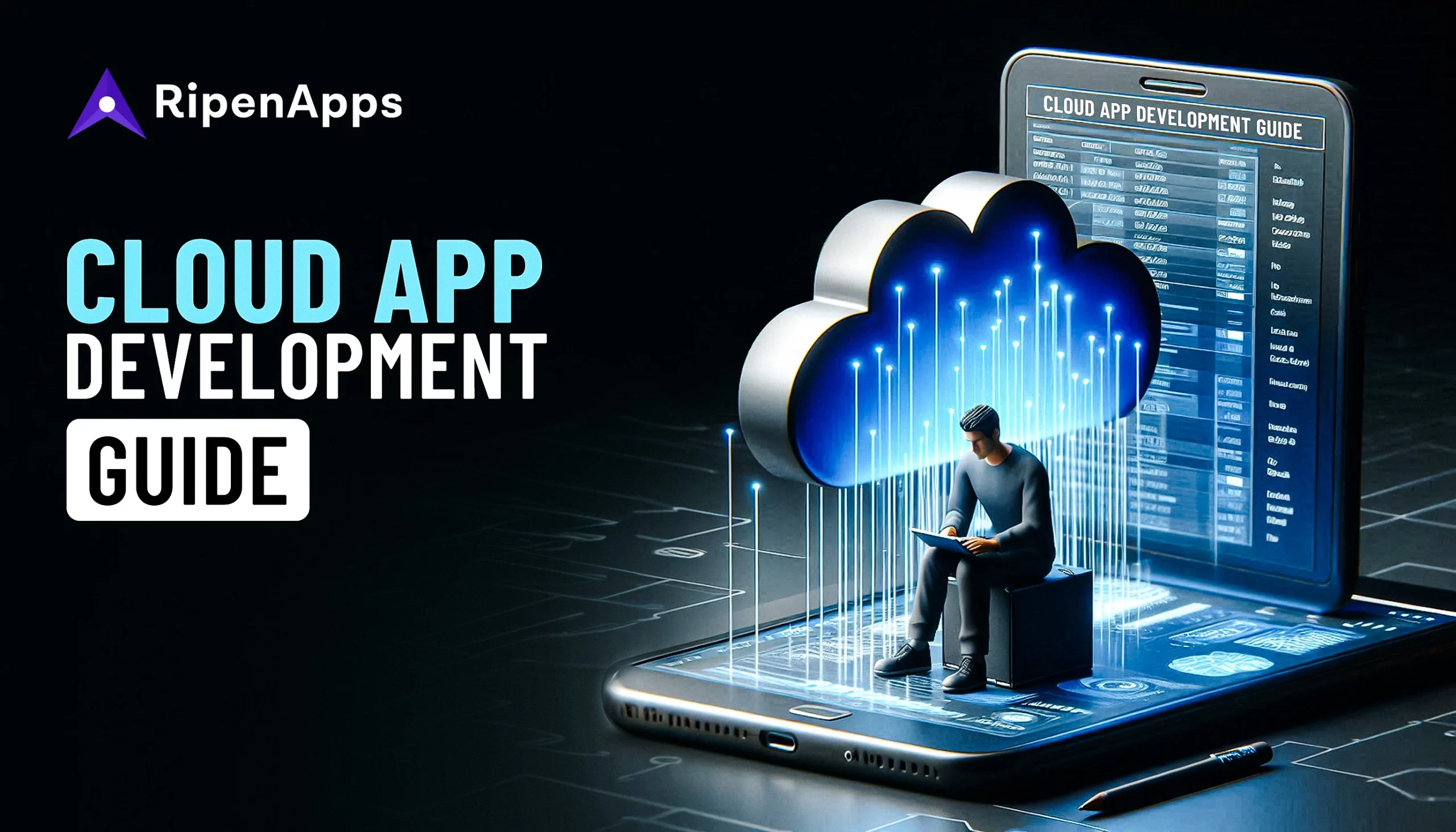Have you ever thought about what the world would be like if you did not have to worry about how big your files were? There is no space left on your smartphone still messages and images are constantly available irrespective of time or place.
This is now possible through cloud technology; you don’t have to imagine anymore. It provides increased flexibility, cost-efficiency, and better performance of mobile apps.
This blog post will explore the 6 major benefits of how mobile app developers come up with apps differently today leveraging cloud technology as an integral part of their processes.
It does not matter if you are a developer or business owner knowledge of what it includes should make you appreciate why it is important to integrate cloud computing in mobile app development.
1. Scalability
One of the most significant advantages of cloud integration in mobile apps is scalable growth for your mobile apps without any additional effort. As more people start using cloud application development services, Cloud technology scales apps up so that they do not slow down even if the number is high.
Cloud computing infrastructure takes care of increasing traffic, data, or processing power by itself to operate smoothly during peak hours. No matter whether there are 1,000 users on your app or one million people – you have can it all with cloud performance optimization.
2. Cost-Efficiency
Financially, cloud technology has made it affordable for companies by minimizing expenses related to high-priced physical devices and associated computer networks. Instead of buying and maintaining servers, businesses can turn to cloud services where they just pay for what they use.
This is a far less expensive strategy that encourages better mobile app development planning in terms of resource management without wastage thus creating a more sustainable financial model.
3. Enhanced Data Security
Data encryption, secure access protocols, as well as regular security updates, are some of the protective features found in many cloud servers for businesses offering cloud services. When such apps embrace cloud technology every piece of information that is sensitive gets treated properly both on rest and during transmission processes.
Apart from this, cloud providers have individuals who take care of the security protocols hence app owners should not worry about their clients’ safety at all. Today, businesses work with mobile app development companies to implement cloud application security features in their apps.
4. Seamless Data Synchronization
Cloud technology allows applications to synchronize data in multiple devices and platforms simultaneously. When users change their devices from iPhone to Android tablet or switch from iOS smartphones such kind of changes are reflected immediately.
Without manual intervention, it can sync updates, notifications, and user preferences across different devices automatically – enhancing user satisfaction in addition to cross-platform development time reduction for business applications as well.
5. Faster Development And Deployment
As developers integrate their apps with the cloud, there is a possibility of faster creation and distribution time thanks to the use of ready-made APIs & cloud services.
In addition developer teams would concentrate on app feature creation rather than infrastructure setting-up because many appropriate tools are available on cloud-based platforms for development, testing, or deployment.
With a fast rollout of updates and new features, mobile apps will always be ahead of the curve when it comes to market demands and user expectations.
6. Improved User Experience
The use of a cloud-based approach increases consistency across devices and any number of platforms. By shifting resource-intensive processes to the cloud, apps can run more smoothly on users’ devices, reducing the need for updates and freeing up device storage space.
By offloading bandwidth-heavy tasks to remote servers or providing offline mode support via cloud technology, end users can have faster loading times, unbroken sessions, and seamless interactions with even the heaviest applications in terms of data or complexity. Consequently, the overall satisfaction is improved.
Final Thoughts
Thus, cloud technology enables mobile applications not only to meet current expectations but also to adapt themselves to future possibilities. Cloud-based mobile apps remain agile, and efficient, and draw people back over and again when they need something new. Considering these major benefits of integrating cloud technology in mobile apps businesses can rest assured of investing in this domain.

Comments
Post a Comment